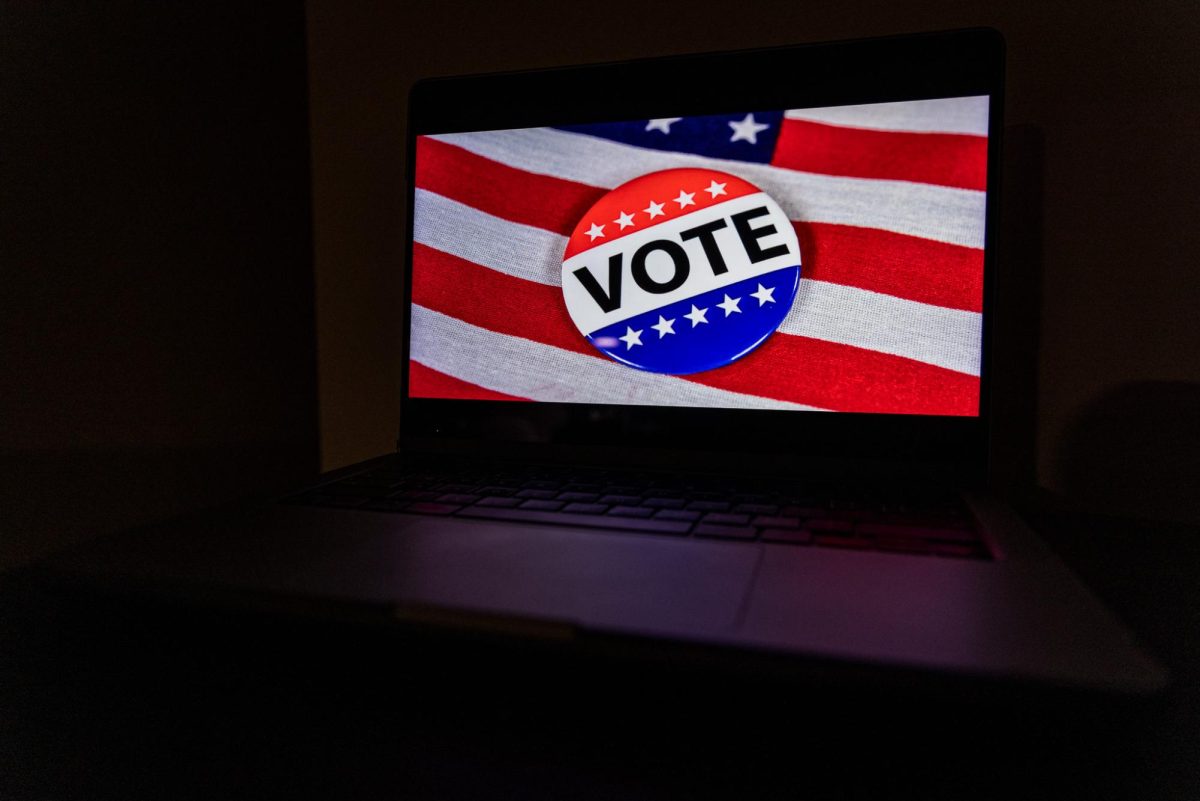
Nimo Ren '25
America has functioned as a democracy for almost 250 years now. Founded on the beliefs that there should be no taxation without representation, and that “we the people” have the right to elect our own representatives, America has been synonymous with democracy for a long time.
It’s important to realize that voting wasn’t always available to everyone, and it still isn’t. This is why it’s even more important for people who are able to vote to get out to vote.
There are many misconceptions that revolve around the system of voting in America, specifically around the two part system that is used during a presidential election: the popular vote and the electoral college.
The popular vote is straightforward. This is the typical definition associated with voting; people line up all around the country to cast their ballots, and at the end of the day, numbers are tallied by election officials and presented to the general public to determine the victor of the election. Members of the Senate and the House of Representatives are chosen in this way, as outlined by Article I of the Constitution.
A body of electors representing the 50 states along with the District of Columbia (D.C.), the Electoral College is responsible for formally electing the President and the Vice President of the United States.
Established at the 1787 Constitutional Convention, the Electoral College assigns a number of votes per state, normally based on population. This “indirect” voting method is used as a check to balance the popular vote. If a candidate wins 270 votes of 538, the candidate has won the presidency.
A common question that many people find themselves pondering is, if the Electoral College is the final judge on who gets the seat, then doesn’t that mean my vote doesn’t matter?
Of course not. The College is a little more complicated than that.
When you submit your ballot, you’re actually voting for an Elector that presides over your state. The said Elector has pledged to vote for a particular set of candidates. Now this doesn’t mean that you have random names on your ballot, but instead when you submit your vote, there is a number of electors assigned to your candidate. Based on how many votes a candidate gets, more or less Electors are won.
It’s also important to remember that the popular vote doesn’t always dictate the outcome of the electoral vote either. There were five times in the past where the winner of the popular vote did not become president, this happening most recently in 2016 with the standoff between Hilary Clinton and Donald Trump.
Understanding this nuance is crucial to understanding the importance of your vote, as this is one of the reasons why battleground states are so important. Politicians are very intentional about what states they target, and how they target them.
Pennsylvania is one of the bigger swing states, coming in with a whopping 19 votes for this year’s election. Pennsylvania has tended “blue” (or Democratic leaning) in the last few election cycles before 2016 saw a Trump victory—even if it was only by a margin of 0.7%. It was just as competitive in 2020, Biden barely winning the state by a margin of 1.2%.
Because Pennsylvania has historically been anyone’s game, it’s even more important for you to show up and send your ballots. The idea that your vote “matters” more in Pennsylvania comes entirely from the concept of the Electoral College, so in contradiction to what people usually think, your vote is even more important now that we are in a battleground state during a Presidential election.
A red vote would get drowned out in a typically blue state like California, and a blue vote would get drowned out in a typically red state like Texas, but in Pennsylvania, every single vote matters.
Encourage family members away at college to come back home to register to vote, using their dependent address for the registration (if they live in a state where their voice won’t count as much). Make sure to double and triple check your voting registration status and your polling location before you get ready for election day.
Most of all, make sure you know your own rights. As citizens of the United States of America you do not need to speak English to vote in any state, there is no test you need to pass to vote in any state, and lastly realize that it is illegal to intimidate voters and a federal crime to intimidate, coerce, or threaten voters of any kind around the polling booths. In Pennsylvania, polls are open from 7am to 8pm. If you’re in line before 8pm, you are allowed to cast your vote.
Your voice matters. Especially in Pennsylvania. By exercising one of our fundamental rights, you help uphold our democracy, no matter how fragile it seems.